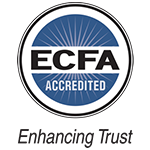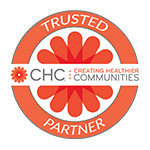ALTERNATIVES PREGNANCY CENTER
Colorado Amendment 79: Constitutional Right to Abortion - Everything You Need To Know
On November 5, 2024, Colorado voters passed Amendment 79 and enshrined the right to abortion into the state constitution. While we had hoped for a different outcome, we must now move forward with what the voters decided.
How does the passage of Amendment 79 impact Alternatives?
Before the passage of Amendment 79, Alternatives was seeing an increase in the demand for our services. We expect the need for Alternatives will remain as critical as ever. Alternatives will continue as a safe and trusted environment to process pregnancy decisions.
- We will continue to serve each person with excellent care and compassion through free and confidential medical services, counseling, education, mentoring and post-abortive care for teens, women and men in our community.
- We will continue to address the issue of maternal mortality by offering access to early healthcare for all pregnant women.
- We will continue to assist those facing barriers to financial stability, quality childcare, equitable housing and transportation.
- We will continue to offer holistic care for the physical, mental, emotional and spiritual health of each unique person that we have the privilege to serve.
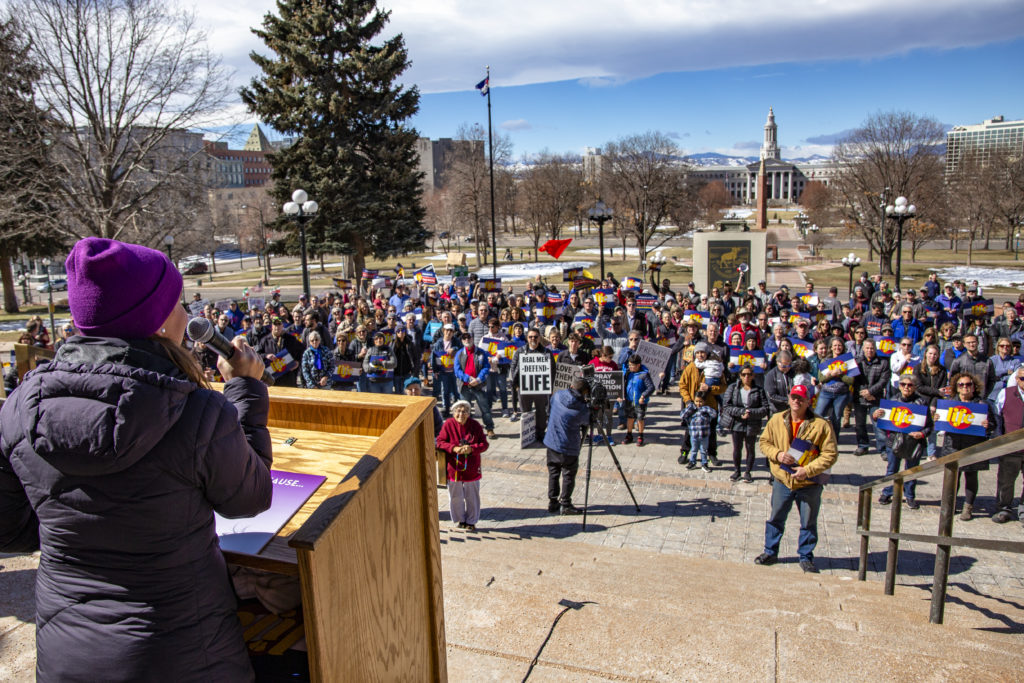
Are you a Pro-Life Newbie, Learner, or Advocate?
How much do you know about abortion laws, early development, and how abortions can be reduced?
Everything You Need to Know
Amendment 79 prohibits any state or local government from denying, impeding or discriminating against the right to abortion access.
In Colorado, there are no restrictions on when during a pregnancy abortions are allowed, and the amendment prevents the legislature from adopting abortion restrictions in the future.
The amendment also amends the Colorado Constitution on using public money to pay for abortions. Insurance plans for Colorado’s government employees could cover abortions. It will also allow Medicaid, the government insurance plan for those with low incomes, to pay for abortions.
Roe v. Wade was a landmark 1973 decision that ruled abortion as a constitutional right. In this case, the Supreme Court ruled that a woman’s choice to have an abortion outweighs the state’s concern for prenatal life up until the “point of viability”, or the point when a fetus can survive outside the womb (in 1973, this was determined to be 24-28 weeks).
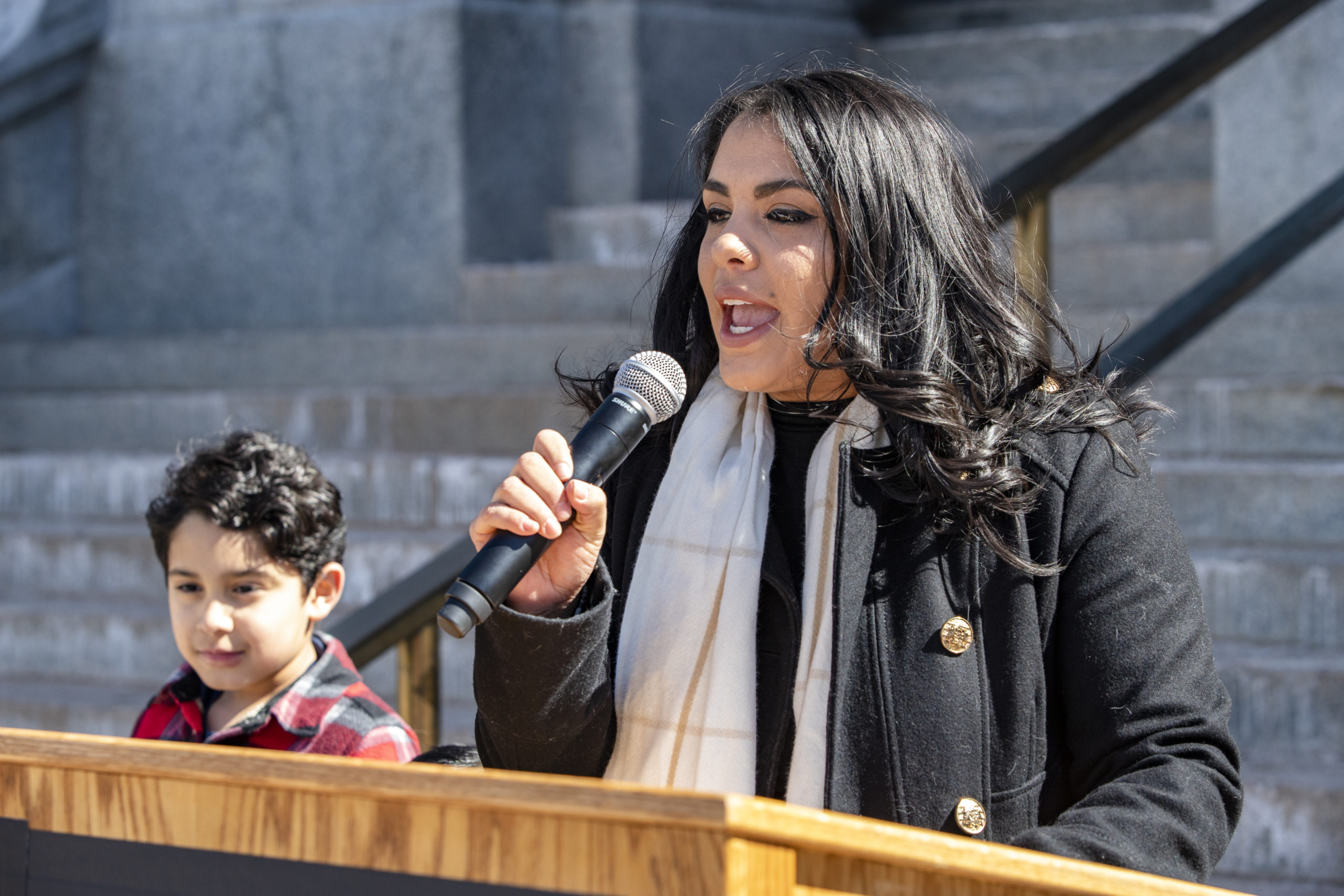
In more pro-life states, laws are being passed to limit abortions if Roe v. Wade is overturned. But in Colorado, lawmakers moved quickly to protect and extend already liberal abortion rights.
Abortion is legal in Colorado at all stages of pregnancy. There are no term restrictions as to when a pregnancy can be terminated.
The Supreme Court revoked its 1973 ruling that abortion is a constitutional right, regardless of state law. The battle for rights has been returned to each state.
In Colorado, this means that abortion is still considered a constitutional right at all stages of pregnancy. It is more important than ever to provide care and support for pregnant moms so that they can choose life. Studies show that if abortion is not available, many choose life rather than seek an abortion, providing an excellent opportunity for pregnancy centers support these women.
What does this mean to the work of Alternatives? Good question. It can feel like we are fighting an uphill battle. However, we know the TRUTH that women and men facing an unplanned pregnancy decision need help and support – no matter the political landscape. In addition to increased needs in Colorado, it is expected that many will travel to Colorado for abortion access from neighboring states.
Women need to find Alternatives before they visit an abortion clinic. They need to know there is support, education and resources available so they do not have to choose between their career and the life of their unborn! The programs and services of Alternatives are needed now more than ever.
Download Now
How Pro-Life Are You?
How much do you know about abortion laws, early development, and how abortions can be reduced?
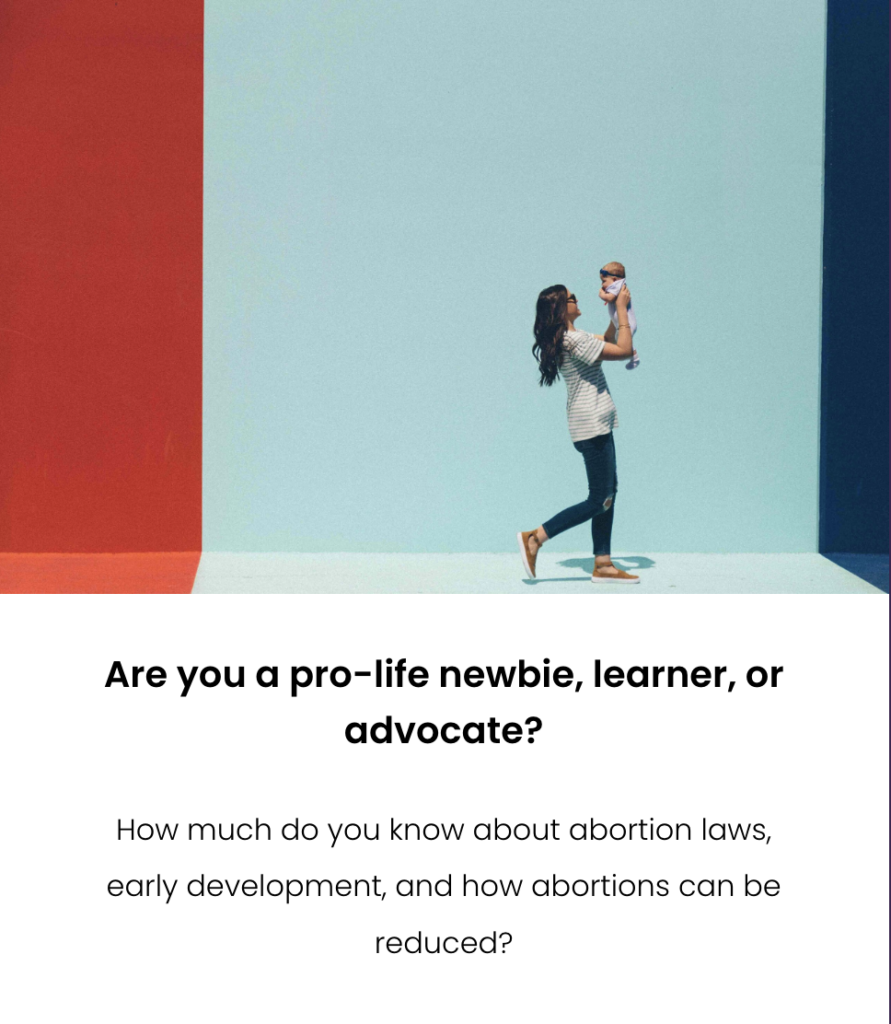
Join the Newsletter
Stay updated on pro-life news and work to provide women with meaningful alternatives to abortion.
Make a Donation
Just $13.70 provides 10 women with access to a helpline that is always available to give them options.
Join our Prayer Team
Join us in praying for support and protection for the women we serve.
Being Pro-Life in a Post Roe v. Wade World
After the supreme court overturned Roe v. Wade, the work of pro-life activists got even more important as abortion laws became determined state by state. In Colorado where Alternatives works, women began traveling from nearby states to receive a legal abortion. More women than ever before need access to support in order to be empowered to choose life.
Join the newsletter to stay updated on Alternatives work to support women in providing a meaningful alternative to abortion.
Alternatives Pregnancy Center offers women a network of support so comprehensive and caring so that every woman can be fully informed of her alternatives before making a decision. We offer resources for pregnancy and parenting so that women are supported before and after birth.




